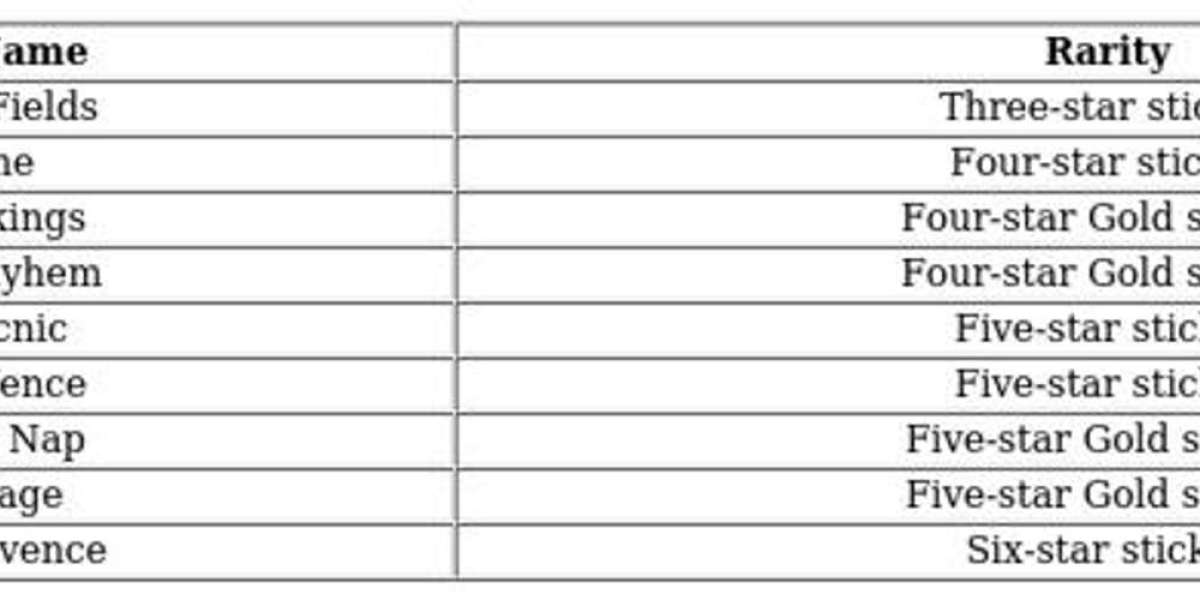We all love ice cream—whether it’s a summer treat, a midnight craving, or a celebration dessert. But have you ever wondered how long does it take to digest ice cream? Digestion is not just about the stomach; it’s a complex process involving multiple organs, enzymes, and hormones. Understanding how ice cream moves through your system can help you make healthier eating choices, especially if you have issues like bloating, lactose intolerance, or sensitive digestion.
In this comprehensive guide, we’ll explore:
The digestive journey of ice cream step by step
How ingredients like sugar, fat, and dairy affect digestion time
Factors that influence how quickly or slowly ice cream is processed
Health effects of frequent ice cream consumption
Tips to improve digestion and enjoy your treat guilt-free
For detailed insights, you can also check this tool: how long does it take to digest ice cream.
The Basics of Digestion
Digestion is the body’s way of breaking down food into nutrients it can absorb. The process involves:
Mouth – Chewing and salivary enzymes begin carbohydrate breakdown.
Stomach – Gastric acid and enzymes break down proteins and fats.
Small intestine – Nutrients are absorbed with the help of bile and pancreatic enzymes.
Large intestine – Water and electrolytes are absorbed; waste is prepared for elimination.
The total digestion time for most foods ranges between 24–72 hours, depending on complexity. Ice cream, however, is a special case due to its high fat, sugar, and dairy content.
Step-by-Step Digestion of Ice Cream
1. Mouth (Few Seconds to 1 Minute)
When you eat ice cream, saliva starts breaking down sugars, but since ice cream is cold, enzyme activity is slower.
2. Stomach (2–4 Hours)
Fats and proteins in dairy take longer to digest.
Sugar, on the other hand, breaks down faster and enters the bloodstream quickly, giving you that sugar “rush.”
If ice cream is eaten after a heavy meal, it stays longer in the stomach (sometimes 4–6 hours).
3. Small Intestine (4–6 Hours)
Lactose (milk sugar) is broken down by lactase enzyme.
Fats are emulsified by bile from the liver and digested by pancreatic enzymes.
Nutrients like calcium and vitamin D are absorbed here.
4. Large Intestine (12–48 Hours)
Any undigested lactose moves to the colon, where bacteria ferment it, sometimes causing bloating, gas, or diarrhea in lactose-intolerant individuals.
Water is reabsorbed, and waste is formed.
Average Digestion Time
For most people, ice cream takes 24–48 hours to be fully digested and eliminated, depending on portion size and individual metabolism.
Factors Affecting Ice Cream Digestion Time
Fat Content
Premium ice creams with higher cream content digest slower.
Low-fat versions digest faster but may contain more sugar.
Sugar Content
Sugary ice cream melts and digests quicker, but leads to faster blood sugar spikes.
Additives & Toppings
Chocolate chunks, caramel swirls, or cookie dough add extra digestion time.
Individual Metabolism
Active individuals digest food faster.
Slow metabolism can prolong digestion.
Medical Conditions
Lactose intolerance delays breakdown and causes discomfort.
IBS or GERD can make digestion more difficult.
Meal Timing
Ice cream eaten on an empty stomach digests quicker.
Eating it after a large dinner delays gastric emptying.
Ice Cream and Health Effects
Short-Term
Blood Sugar Spike: Quick energy boost, followed by a crash.
Bloating & Gas: Common in lactose-intolerant people.
Acid Reflux: Cold, fatty foods may trigger heartburn.
Long-Term (Frequent Consumption)
Weight Gain: High calories from sugar and fat.
Increased Cholesterol: Saturated fat can raise LDL levels.
Insulin Resistance: Overconsumption of sugary foods increases diabetes risk.
How to Improve Ice Cream Digestion
Eat Small Portions – A few spoonfuls digest faster and cause less discomfort.
Choose Low-Fat or Dairy-Free Options – Almond milk, coconut milk, or oat milk ice creams are easier on digestion.
Avoid Late-Night Eating – Eating ice cream before bed slows digestion and can disturb sleep.
Pair with Fiber – Eating ice cream with fruits (like berries) helps slow sugar absorption and improves digestion.
Stay Hydrated – Drinking water aids digestion and prevents constipation.
Exercise Moderately – A light walk after eating helps stimulate digestion.
FAQs
Q1: Does ice cream digest faster than solid foods?
Yes, liquid and semi-solid foods usually digest faster than solid meals, but the fat content in ice cream slows the process compared to juice or soup.
Q2: Why does ice cream cause stomach pain?
It could be due to lactose intolerance, overconsumption, or sensitivity to fats and cold foods.
Q3: Can eating ice cream on an empty stomach cause problems?
Yes, it can cause rapid sugar spikes and digestive discomfort for some individuals.
Q4: Is frozen yogurt easier to digest than ice cream?
Often, yes. Frozen yogurt contains probiotics that may aid digestion, though sugar content can still be high.
Final Thoughts
So, how long does it take to digest ice cream? On average, it takes about 24–48 hours for your body to fully process it, depending on ingredients, portion size, and your individual digestion speed.
If you love ice cream but worry about digestion, try smaller portions, dairy-free alternatives, and avoid eating it late at night. Tools like the how long does it take to digest ice cream guide help you understand how your body handles this frozen treat.
Enjoy your scoop—but remember, moderation is key to keeping both your stomach and your health happy!








